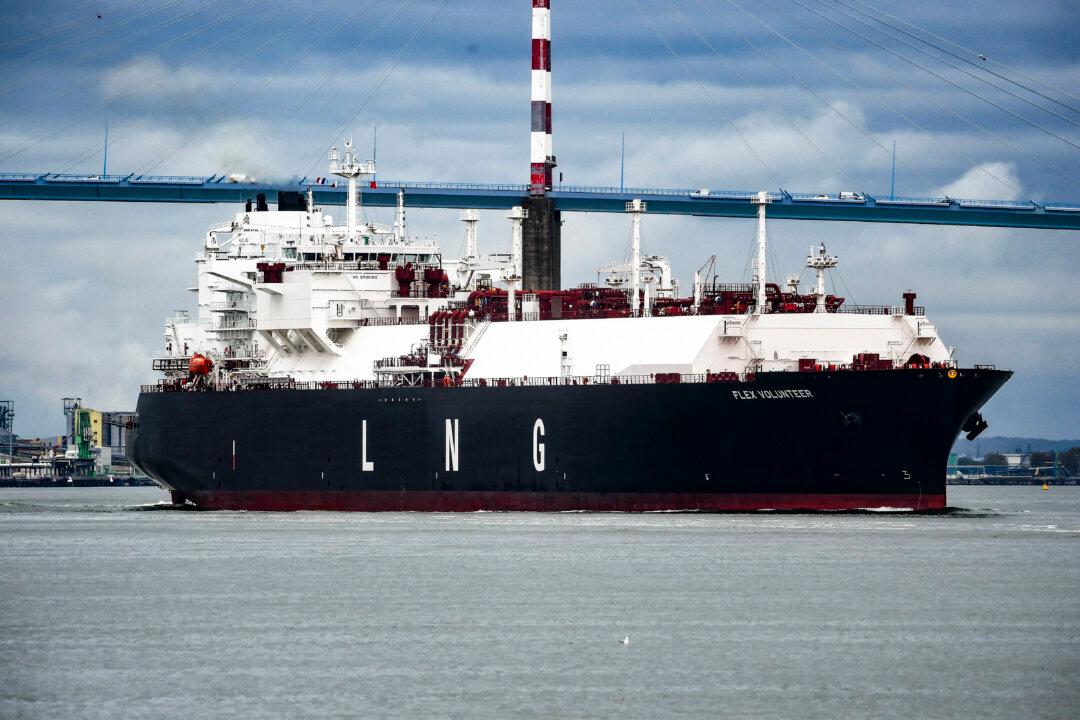The European Commission said in its Affordable Energy Action Plan, released on Feb. 26, that it is looking to invest in liquefied natural gas (LNG) projects abroad as part of its broader efforts to cut record-high energy prices, which threaten the EU’s “global standing and international competitiveness.”
“Our energy costs remain comparatively high, putting Europe at a real risk of deindustrialisation and posing a critical threat on our economy,” the commission said.





